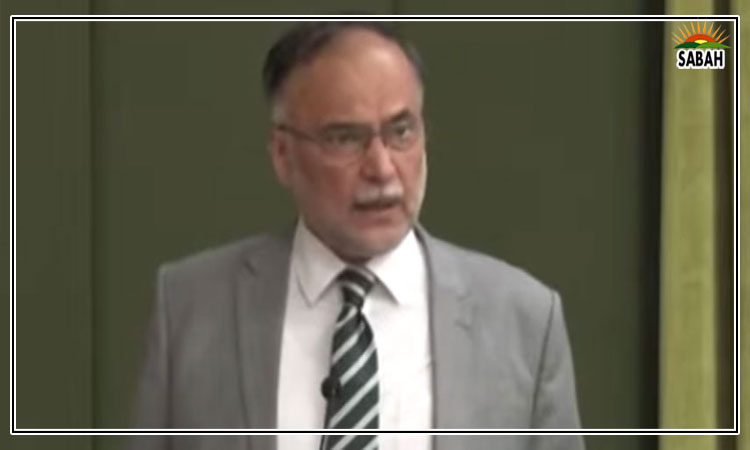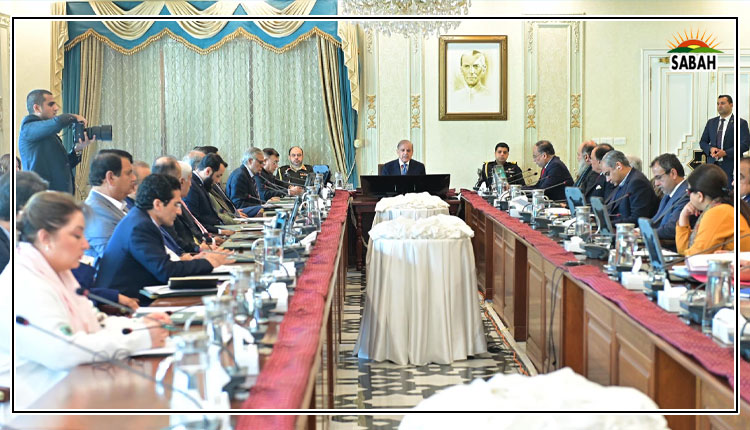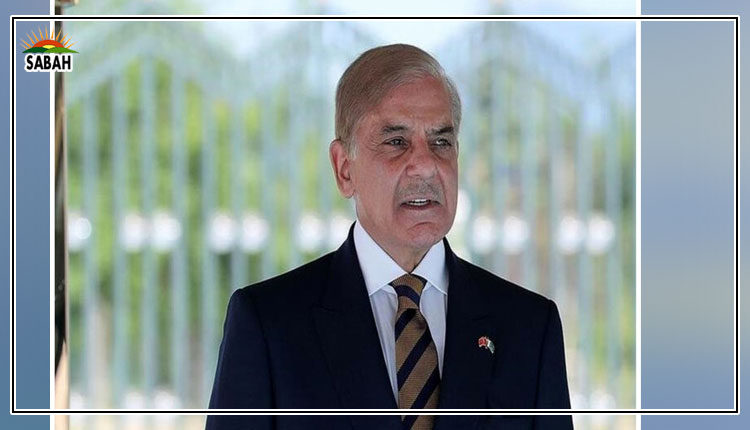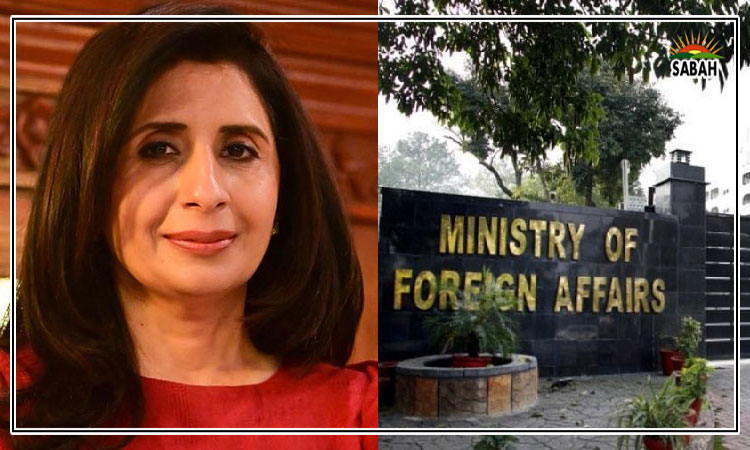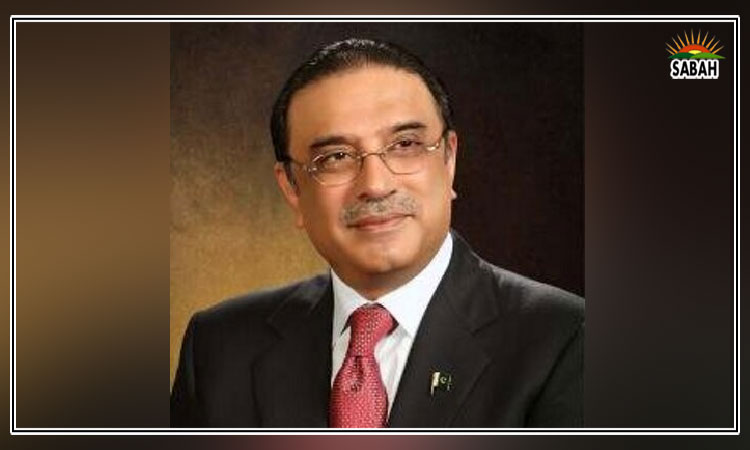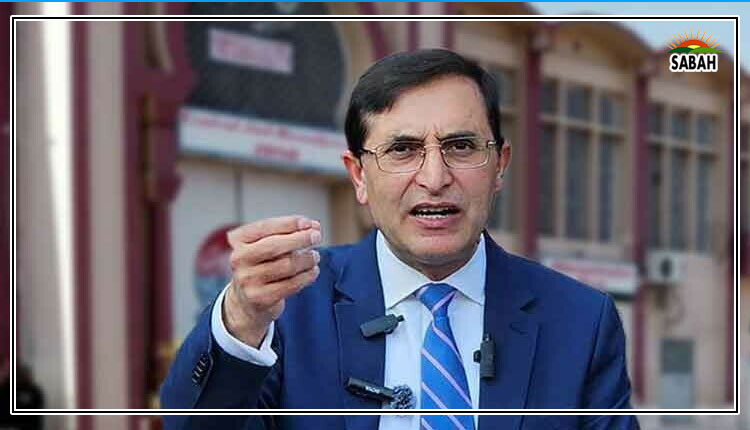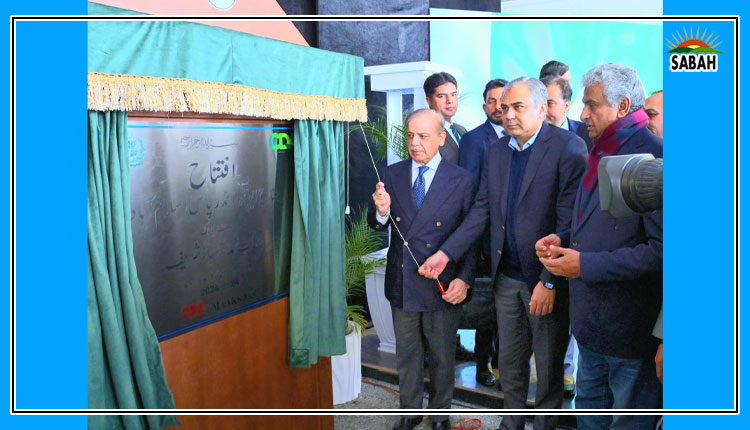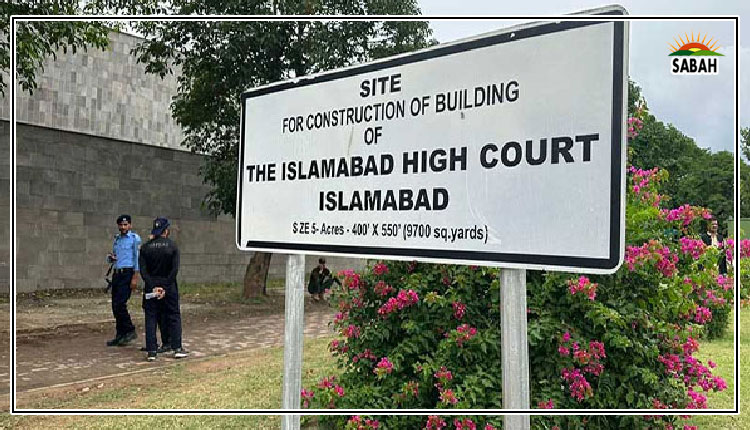IHC forms larger bench to hear missing persons cases
ISLAMABAD, July 31 (SABAH): The Islamabad High Court (IHC) convened a larger bench to address cases related to missing persons. The three-member bench, led by Justice Mohsin Akhtar Kayani and comprising Justices Tariq Mehmood Jahangiri and Arbab Muhammad Tahir, emphasized the need to establish a procedural framework as this was the first time the bench was hearing such cases.
The court dismissed the Ministry of Defence’s objection regarding its jurisdiction over the petitions. Intelligence agency heads were directed to submit a report from the committee formed to handle missing persons cases, and the attorney general was ordered to appear in person at the next hearing. During the proceedings, the bench sought separate reports concerning the missing individuals.
Imaan Zainab Mazari, representing the missing persons, highlighted that despite assurances from the attorney general that no Baloch students would be forcibly disappeared, 14 more had been abducted since the affidavit’s submission. The court criticized the government’s handling of enforced disappearances, calling for such acts to be criminalized.
The bench also inquired about the procedures used by the Commission of Inquiry on Enforced Disappearances and directed the commission’s registrar to provide comprehensive details on missing persons’ cases.
The court was informed that the committee handling missing persons cases is headed by Qazi Jamilur Rehman, the joint director general of the IB, with one brigadier each from the ISI and MI also on the committee. However, Rehman told the court they had not received any official notification regarding their new assignment.
In the case of Dr. Ali Abdullah, alleged to be detained by the ISI, the court ordered a major general to report on the allegation within three days. The Ministry of Defence claimed Dr. Ali was involved in terrorism activities, although the ISI and other agencies denied detaining him.
The court also addressed the disappearance of Rashid Brohi, who went missing after being repatriated from the UAE. Imaan Mazari stated that Brohi’s mother was told by the commission that her son was a terrorist. The court noted Brohi had not been produced in any Pakistani court and requested reports from the Ministry of Interior and Foreign Affairs regarding his whereabouts.
A cheque for Rs3 million was issued to the family of Ghulam Mohammad, who went missing from Bara, but Justice Kayani remarked that financial compensation does not resolve the issue of enforced disappearances. The court observed that the government’s failure to resolve these cases reflects broader systemic problems.
In the case of missing software engineer Mohammad Faheem, a gold medalist from Bahria University, the court demanded progress from the investigation officer, noting that state resources were being used without achieving results.
Further hearings were adjourned until after the summer vacation. The court underscored the need for effective action and accountability in addressing enforced disappearances, highlighting the importance of recovering missing persons rather than merely offering financial compensation.



